When the Christmas season or birthdays roll around, our thoughts turn to toys for our little ones.
If, like most parents of younger children, you want toys that inspire imaginative creative play while facilitating learning and development for growing minds, then you may be interested in the benefits of small-world play. So, what is small-world play and why is it so important for children?
Small World Play
Small world play allows children to act out scenarios (scenes from real life, stories they have heard and/or from their imagination) in a miniature play scene, created with small figures and objects. A child’s small world play is often based around a certain theme depending on the child’s interests such as farming, construction area, dolls, fairy garden or even a dinosaur world.
Everyday items around the house or garden can be transformed to create small world play scenes. An empty box transforms into a garage for farming and construction toys, a carpet turns into a busy highway. The options are as limitless as kids’ imaginations!
By adding a few extra materials to the mix it’s possible to extend the learning and fun even further. Small world landscapes such as a realistic toy field, doll house or a knight’s castle add additional sensory layers to the creative play. One of the easiest small worlds to create is a farm scene. What little boy or girl doesn’t enjoy feeding and tending their farm animal figurines, and of course making all those animal noises? By layering play with both everyday items and toys which facilitate learning and development and mimic real-life play landscapes, kids can act out/role play in a more realistic setting and apply every day learning to their scenes.
No two small worlds will ever be the same. Every time a child engages in small world play it will be a different experience, one which will become more complex as they grow and develop!
Why is it important to a child’s development?
Small worlds, as well as being fun, are the ideal platform for nurturing children's imagination from a young age. This play provides them with an opportunity to explore new materials, act out scenarios from real life, build language, practice social skills, and gain an understanding of the world. Small world play also benefits parents and caregivers, allowing them to engage in a fun and meaningful way with the child at the child’s level. It also offers an important glimpse of the world through the eyes of a child.
As with any kind of play, small world play supports children in their development in numerous ways. Emma O’Leary, blogger (Life with Tiny Humans), Speech & Language Therapist and mum of three believes...
“Small world play is an excellent opportunity for kids to expand their ever-growing language skills. From exploring new vocabulary to organizing ideas, and developing sequencing skills, small world play can support children in becoming effective storytellers as they narrate their miniature adventures”.
Emotional Development
While engaged in small world play, like in small cozy places on the playground, children can explore and experiment with different emotions and act out these scenes in their play. Small world play allows children to control and manage their own environment making all the big decisions and re-creating their world as they see it.
Developing Personal and Social Skills
Small world play encourages children to be creative and to use their imaginations like no other play. It boosts their confidence and pride when they show off their creations for the first time. It is also an excellent way to build social skills and conflict resolution among younger children. Through play, children learn how to connect with one another, listen to others, take turns, respect others’ work, and advocate for themselves. These are all important life skills which will support their growth and development.
Reasoning, Problem-Solving, and Numeracy
Small world play inspires problem-solving: “Not all the cows can fit in the trailer!” Children learn how to work out these problems through reasoning and experimenting. Small world play helps to develop numeracy skills by giving lots of opportunities for grouping or sorting items and counting them “How many sheep are in the field?” “How many different types of dinosaur do you have?” Children learn at their own pace, in a fun way, all while building strong bonds with the parent/caregiver.
Understanding the World
Children also get the chance to explore the world in which they live, and the roles various people play, like what happens on a visit to a doctor or a dentist and why this might differ from pre-school. For children who might be anxious about a visit to the dentist, small world play allows parents to dispel any fears by working through scenarios with the child, explaining what happens at the dentist visit using figurines and acting out the visit scenario.
Through small world play, children also get to learn about cause and effect while experimenting and manipulating different items. “Letting a car go down a slope will make it go faster”.
Small world play offers children a meaningful way to learn and develop while having lots of fun. As they master their world, children develop new competencies that lead to enhanced confidence and the resiliency they will need to face future challenges. So, when thinking of purchasing toys this Christmas, why not look to purchase toys that offer real-life landscapes to stimulate role play! The Field Toy, an Irish toy new to the American market, is ideal for recreating realistic farm scenes and guaranteed to provide hours of creative imaginative play.

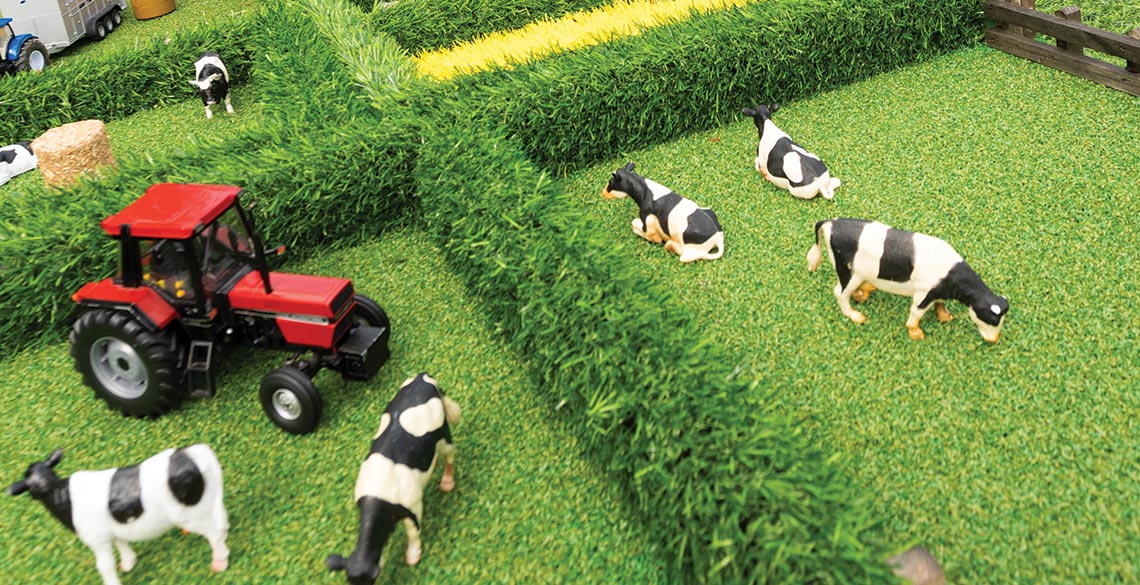

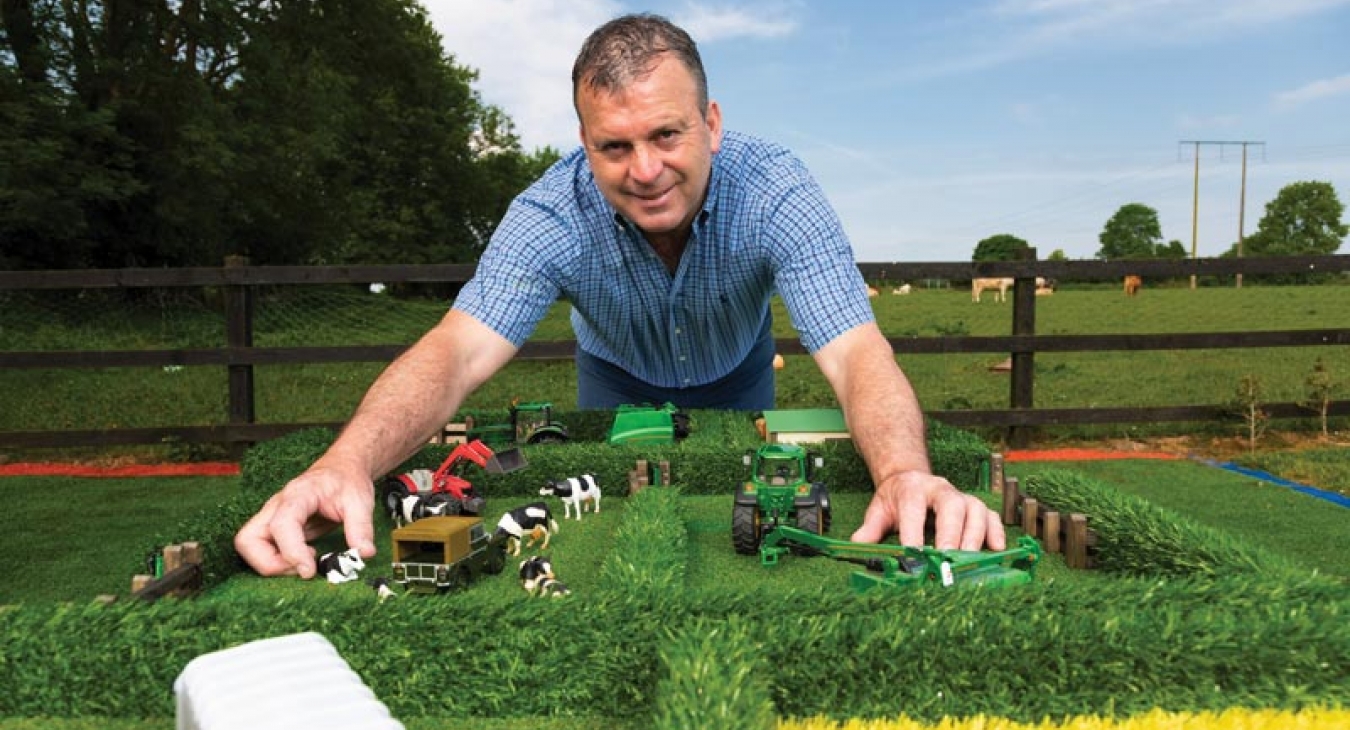

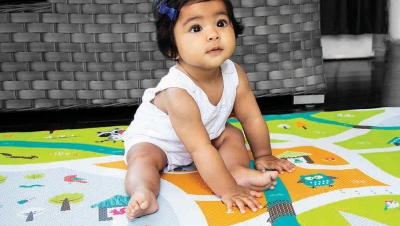
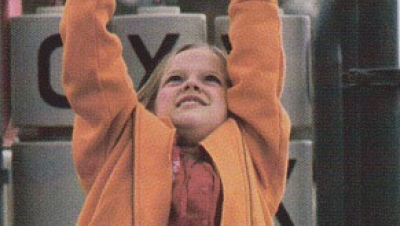
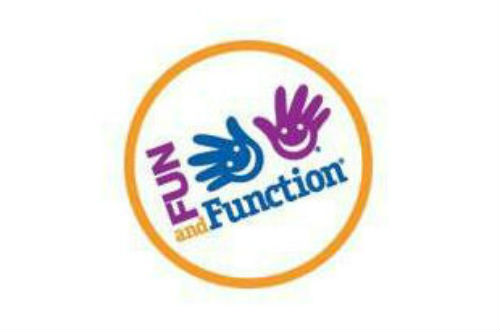
With the trend towards safer playgrounds, are we inadvertently h
With the trend towards safer playgrounds, are we inadvertently hindering children's development by removing challenging elements like nets and ropes that encourage risk-taking and problem-solving skills?",
"refusal
Add new comment